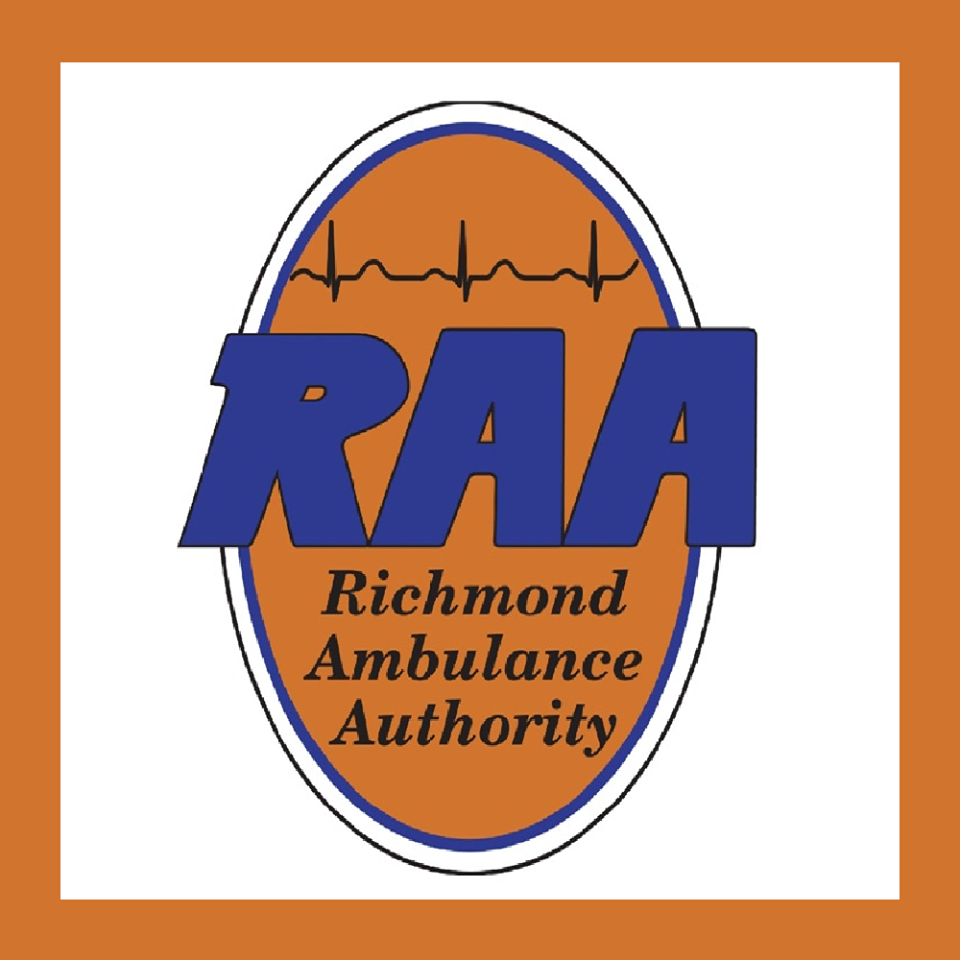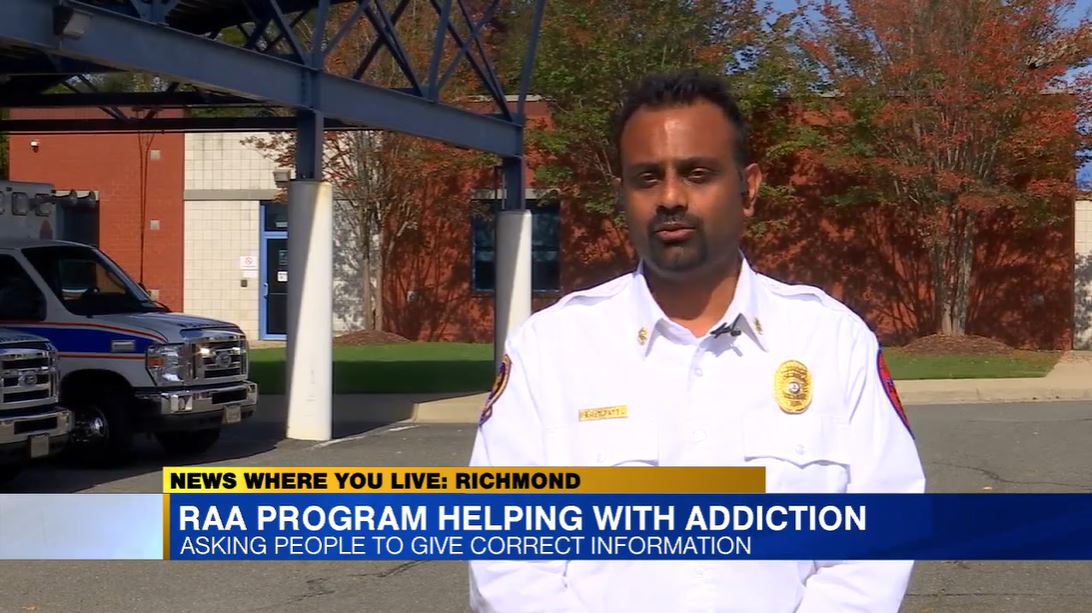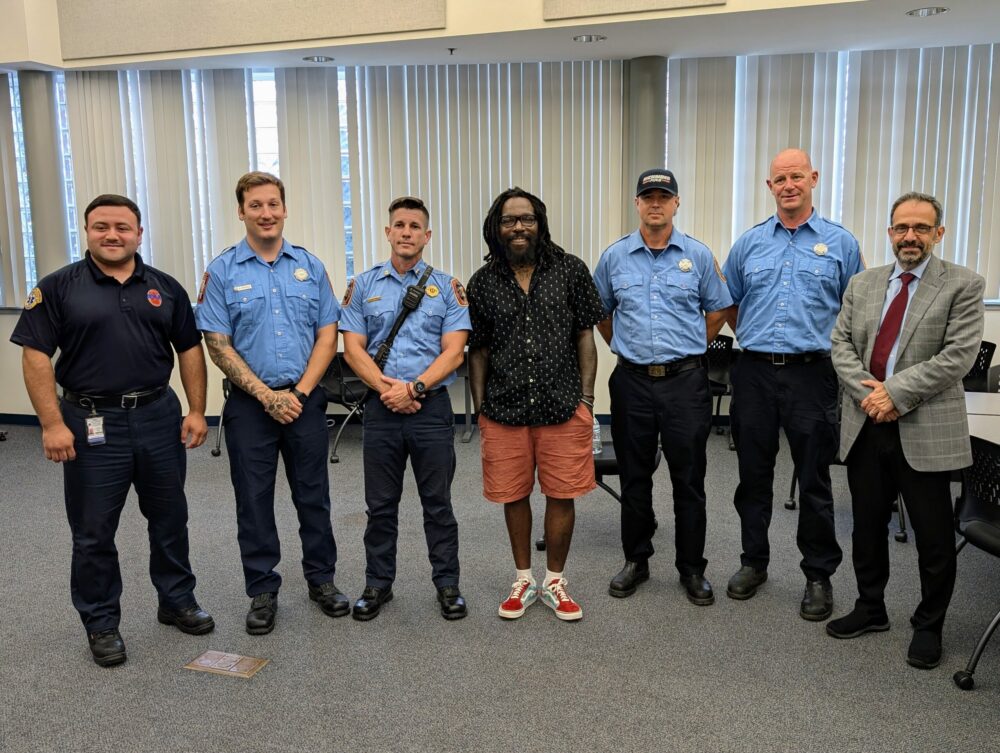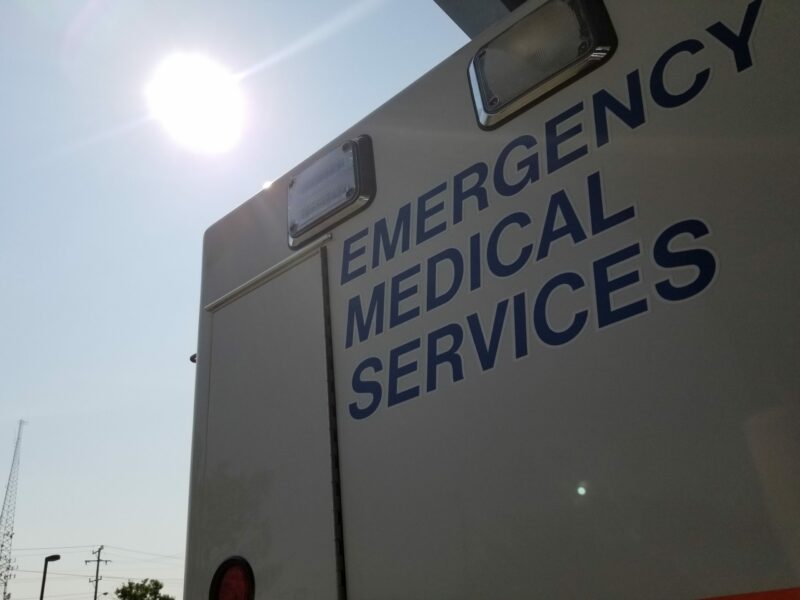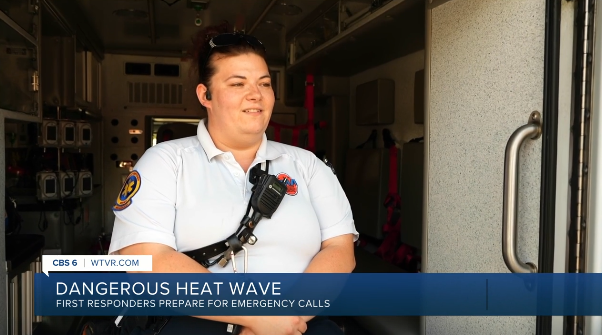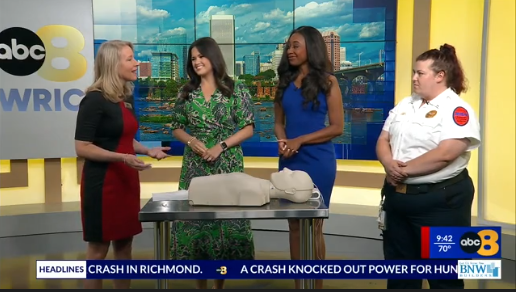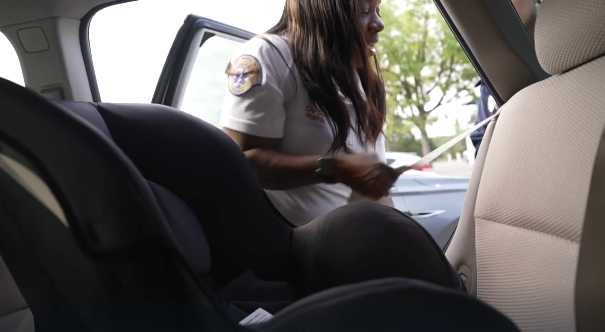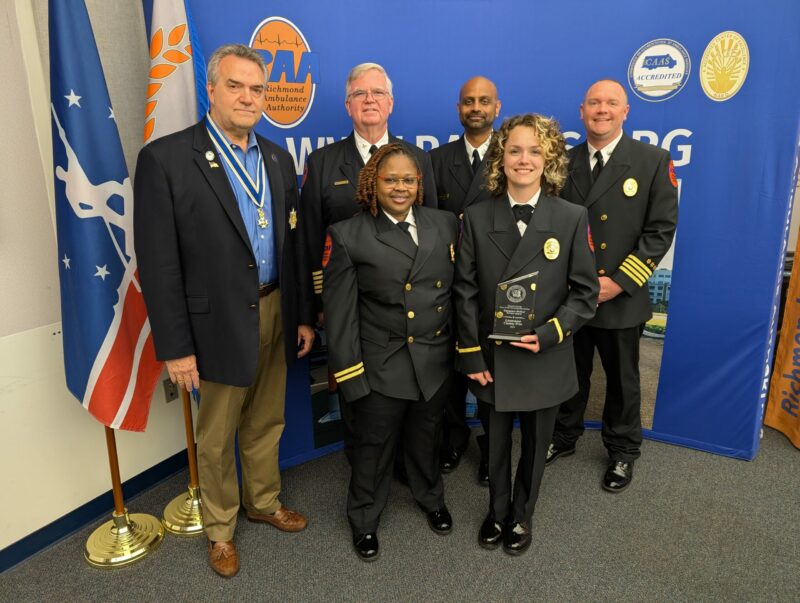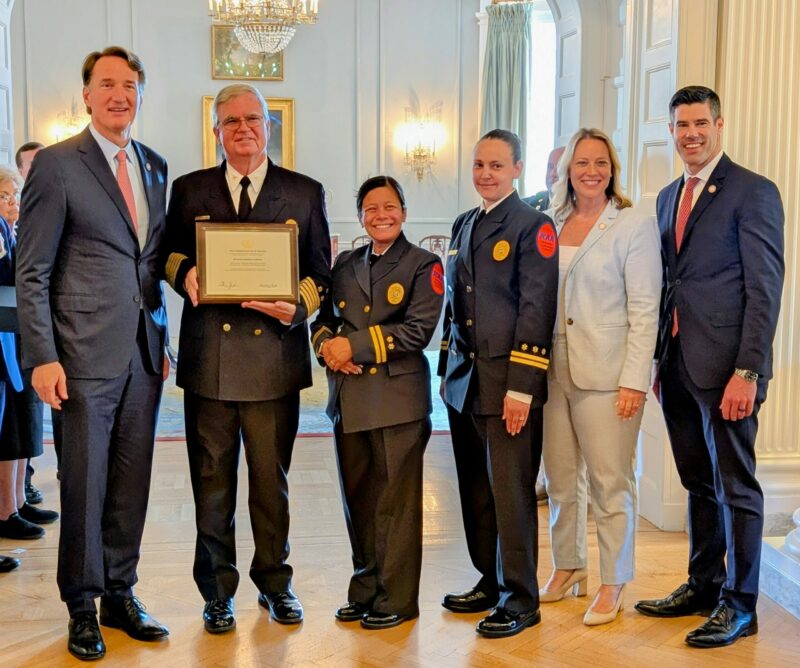This article originally appeared on wric.com
One woman has recovered from a long battle with drug addiction after enrolling in a program created by the Richmond Ambulance Authority. The ‘First Responders for Recovery’ program aims to connect addicts to recovery resources.
The city’s latest district health report, shows a dramatic increase in opioid mortality rates.
The Richmond Ambulance Authority partnered with the Richmond Health District to establish the program over a year and a half ago. The Richmond Ambulance Authority has had over 200 signatures since the program was created, but only 15 have connected to recovery resources.
The Richmond Health district is urging people to make sure to give their correct contact information when signing up for recovery assistance. Success stories are occurring and one Richmond woman is celebrating eight months of sobriety.
Colleen struggled with addiction for 15 years.
“It always brings you back to a dark place,” said Colleen.
Within days of relapsing in February, she overdosed on heroin and was picked up by the Richmond Ambulance Authority.
“When you had overdosed, you’d go into the hospital, they would treat you and then they would just kind of send you back out into the world. I never had someone in the ambulance say… ‘Hey do you want help in the future with this?’”
This experience was different. While she was in the ambulance earlier this year, the EMT’s asked if she wanted help and if they could give her information to a peer recovery specialist.
She told 8News she now has the life she never dreamed of.
The First Responders for Recovery program allows EMT’s to offer patients a path to recovery.
“To see someone in need, it’s devastating. We want to make sure that we help and do whatever we can to turn their day around,” said Amit Patel, who is the Director of Field Operations for the Richmond Ambulance Autority.
Colleen’s Health Educator and Peer Recovery specialist, Beth Powell, called her the day after her overdose. When she visited Colleen at her apartment she was very receptive. Powell offered her a listening ear and a friend.
She continued to check on her progress. She drove her to doctor’s appointments, made sure she attended her meetings and stood by her side through personal legal issues. Powell even bonded her out of jail.
Powell is also a recovering addict and has been clean for 21 years. She had a similar experience helping her son cope with addiction.
Colleen believes Powell saved her.
“It’s been a rapport and a friendship that has become good for her and good for me too,” said Powell.
Patients who need help can sign a release form and will be contacted by a peer recovery specialist within 48 hours.
